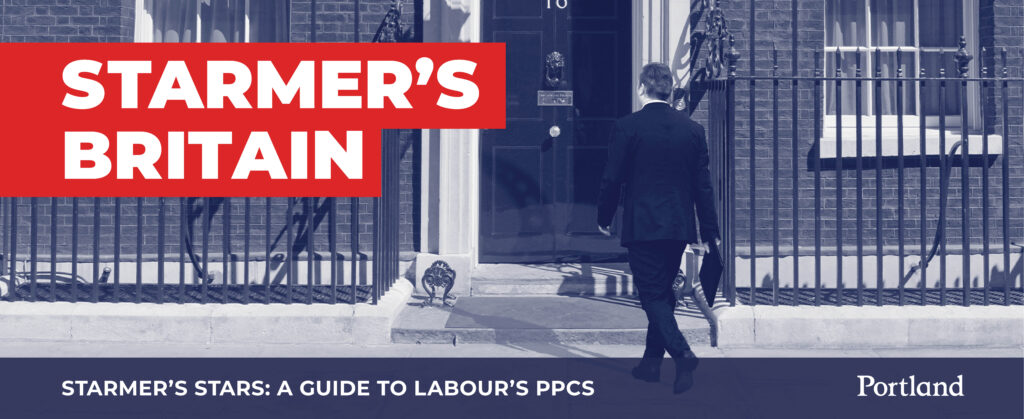Achieved
- Reform of higher education funding
- Growth of academies and free schools
- Reforms to National Curriculum
- Performance-related pay for teachers
More to do
- Diversify the HE sector
- Embed the free school sector
- Continue to bear down on grade inflation and reform qualifications
Stalled/dropped
- Abolition of GCSEs
The unexpected
- Argument over Mr Men teaching methods and the causes of the First World War
- Failure of Al-Madinah school in Derby
Dangers
- Further high profile free school problems
- Student numbers start to fall due to high costs of studying
Michael Gove has proven one of the most high-profile – and controversial – Education Secretaries in decades.
His zeal for reform has been matched by a combative attitude, willingness to ridicule opponents and confidence in taking intellectual or ideological positions. This is no doubt partly down to personal style but also a genuine wish to be as ambitious and far reaching as is possible in one Parliament.
In May 2013 Mr Gove approved a further 102 applications to open Free Schools, and 2014 should see more than 130,000 children attending the new schools, catering to mainstream and special education and often in areas of deprivation. Inevitably in a very heterogenous mix, some of the schools already open have fared better than others. In November, following an investigation, ministers stepped in to prevent further misconduct at the Al-Madinah school in Derby. Academies were less in the headlines but continued to proliferate, with over 50% of secondary schools now converted.
Mr Gove’s detractors continued to be outspoken (although new Shadow spokesman Tristram Hunt is gently supportive of many of the reforms). Teaching unions inevitably campaigned about their pay and conditions, and went on strike in October. The Government response was not to blink, and ministers may see union opposition as a sign of ambitious reform. Others in the public eye – including children’s author Michael Rosen – took up a cultural fight with Mr Gove, objecting to his view of the purpose and practice of education. Again, this was not a fight the Secretary of State backed down from, and he remains committed to promoting knowledge through the curriculum and taking on the shibboleths of the left.
The Liberal Democrat influence on education policy remained hard to discern – Nick Clegg’s announcement of free school meals for all schoolchildren under six was really a welfare announcement and one rather at odds with the broad thrust of government policy. Coalition tensions have though occasionally bubbled up: after a seemingly indisciplined coalition argument over the initial announcement that GCSEs would be abolished, the Government quietly confirmed the name would stay.
Higher and Further Education saw a quieter year in terms of policy.
Numbers applying for university rose slightly, although they are still below the numbers applying before changes in the fees regime and there is the risk they may fall again. Universities Minister David Willetts’s focus is on diversifying the sector, bringing in new entrants and encouraging more competition for students. The same strategy is being employed by Skills Minister Matt Hancock, and nowhere have market reforms to education gone further.
For the public to be convinced of this case, standards across all education sectors need to start rising soon.






